Currently Empty: $0.00
Global Education Hub
Study in Australia From Pakistan
Australia is one of the top three global destinations for international education, offering world-class universities, practical learning environments, and a multicultural student experience. With over 786,000 international students enrolled in 2023, the country has seen a sharp increase in demand, and Pakistani students are among those choosing it for its safety, academic quality, and post-study work opportunities. The Australian education system focuses on real-world skills and critical thinking, making graduates highly employable worldwide. Whether you’re pursuing business, IT, engineering, or healthcare, Australia provides both academic excellence and a welcoming environment for international learners.
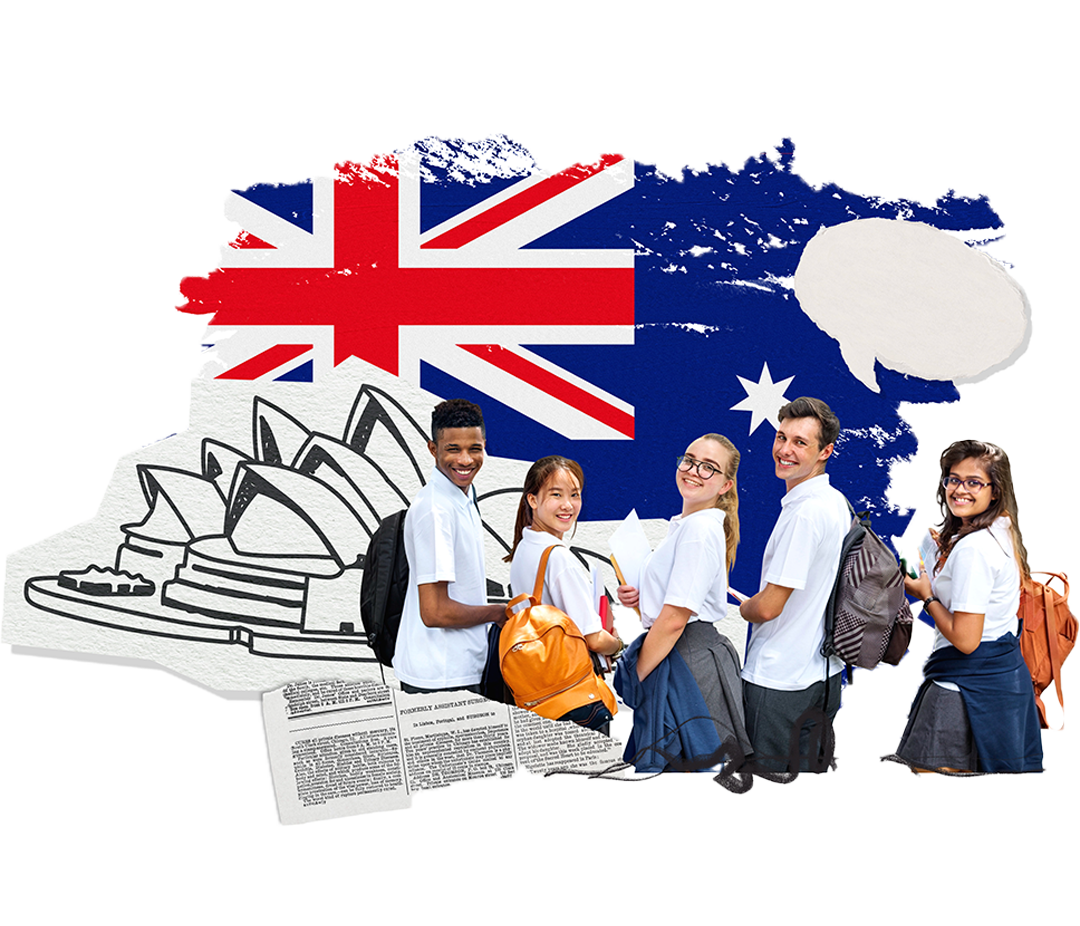
Need Advice?
APPLY NOW



Why Choose Australia?
Globally Recognized Degrees
Graduate from top-ranked universities with qualifications respected worldwide.
Multicultural & Safe Environment
Live and learn in a welcoming, inclusive, and student-friendly society.
Work & PR Pathways
Access generous post-study work rights and clear routes to permanent residency.

Tailored Degree Programs
Top Courses for Pakistani Students
Australian universities offer a wide range of career-focused programs that are especially appealing to Pakistani students. Popular fields include Engineering (Civil, Electrical, Mechanical), Information Technology, Business Administration, Health Sciences, and Nursing. Many institutions also offer emerging disciplines like Data Science, Cybersecurity, and Environmental Studies. These degrees are recognized globally and combine academic theory with hands-on industry training through internships, co-op programs, and research placements. The flexible curriculum structure allows students to specialize while also gaining exposure to cross-disciplinary skills, essential in today’s competitive job market.
Application Journey Starts
Admission Process & Requirements
Applying to study in Australia involves several key steps. Students must first select their program and university, then prepare essential documents such as academic transcripts, English proficiency scores (IELTS, TOEFL, or Duolingo), Statement of Purpose, and letters of recommendation. Most universities require a minimum IELTS score of 6.0 overall. Once accepted, the university issues a Confirmation of Enrolment (CoE), which is needed to apply for a Student Visa (Subclass 500). At Study Overseas Education, we help students throughout the process—from course selection to final visa lodgment—to ensure a smooth application experience.
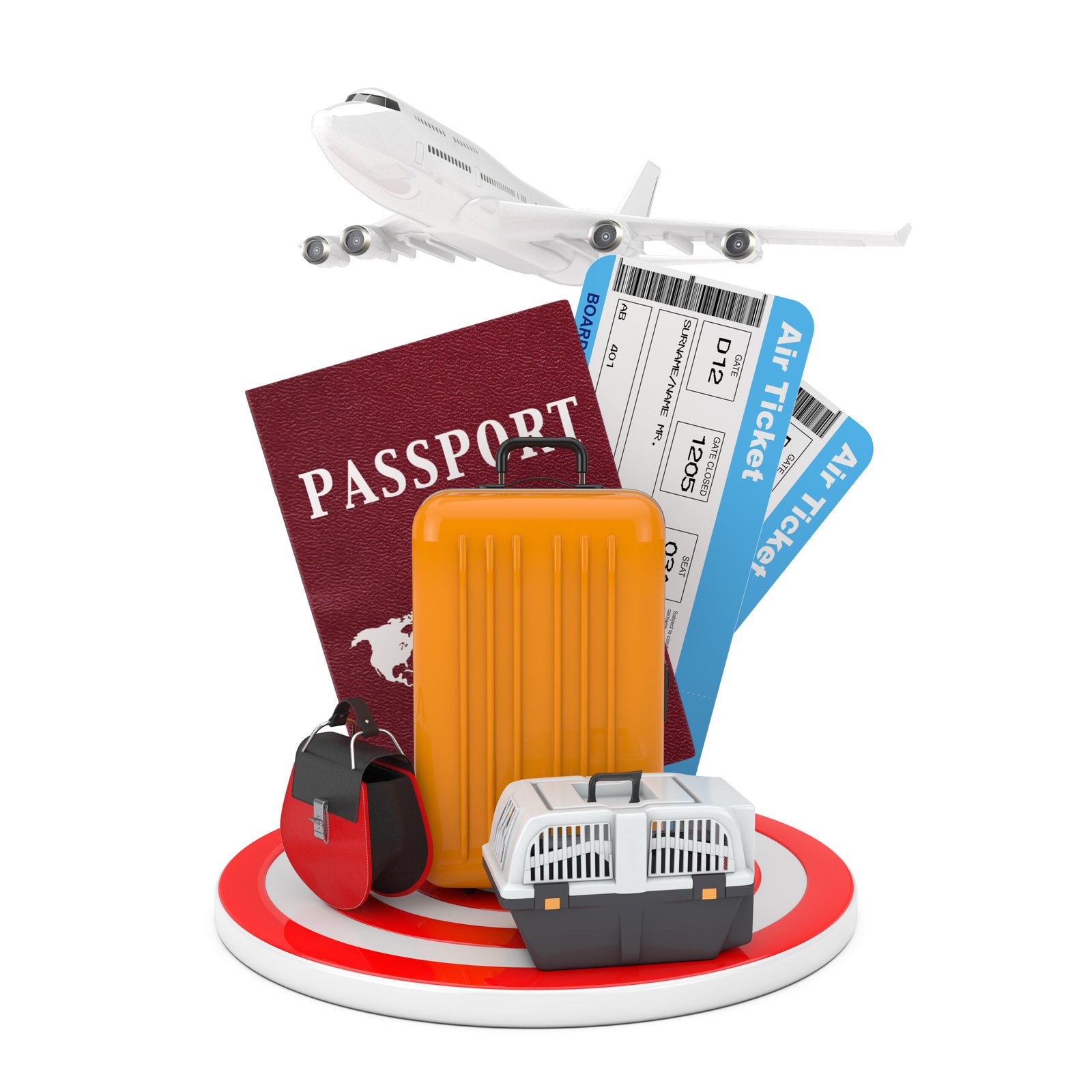
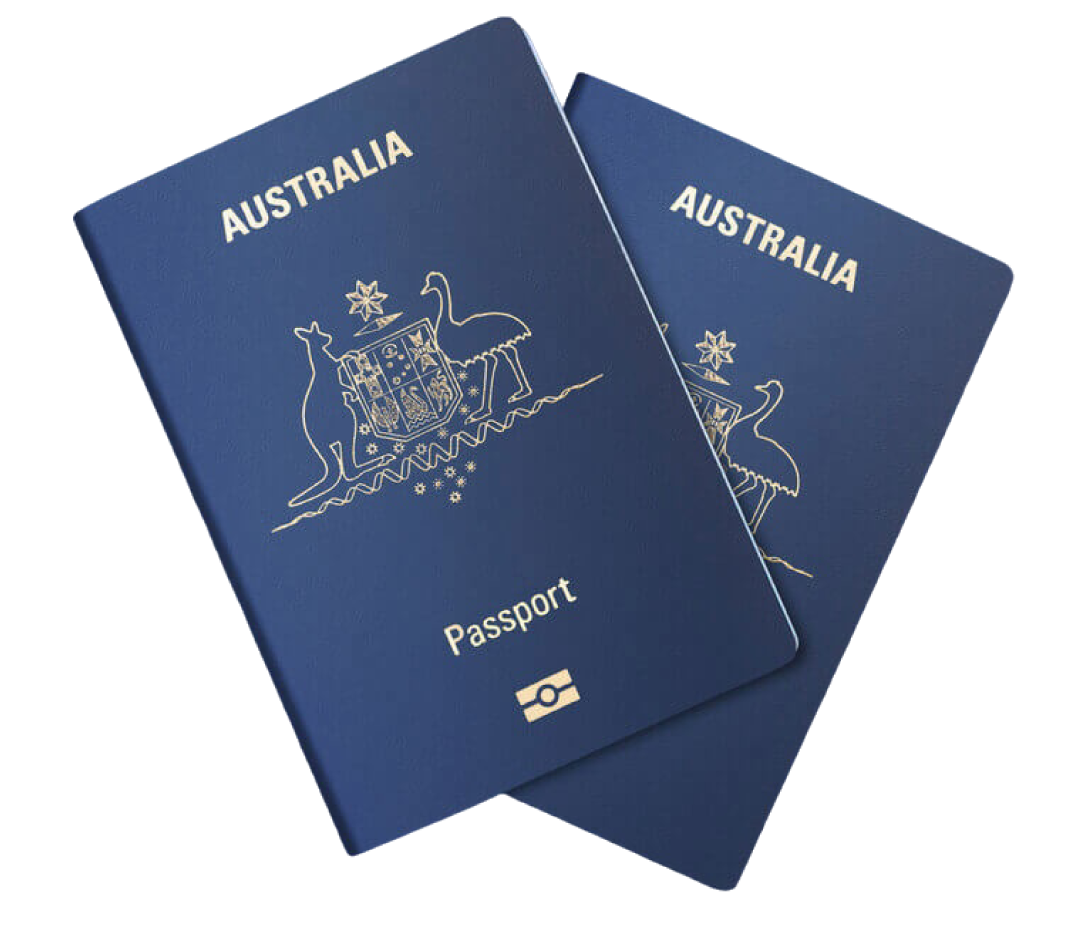
Visa Essentials
Student Visa (Subclass 500) Details
The Australian Subclass 500 visa allows Pakistani students to stay in Australia for the duration of their course plus additional months for graduation and travel. To apply, students must present a valid CoE, financial statements, GTE (Genuine Temporary Entrant) letter, English test results, and health insurance (OSHC). The visa fee is AUD 710, and typical processing time ranges from 4 to 12 weeks. Students can work up to 48 hours per fortnight during study terms and unlimited hours during holidays. Visa success depends on documentation accuracy, funding strength, and clarity of academic intent.
Budgeting for Success
Cost of Studying in Australia
Studying in Australia requires financial planning, with total annual costs averaging AUD 35,000–55,000, depending on the course and city. Tuition fees vary: undergraduate degrees typically cost AUD 20,000–40,000 per year, while postgraduate programs can range up to AUD 50,000. Living expenses depend on the city, with Sydney and Melbourne being costlier than regional areas like Adelaide or Hobart. On average, students spend AUD 1,800–2,500 per month on accommodation, food, transport, and other essentials. Budgeting ahead ensures a comfortable and focused academic life without financial stress.

WHY HEALTHCOACH
Why People Need Healthier Lifestyle?

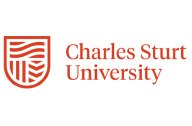
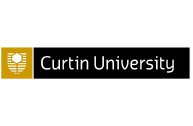
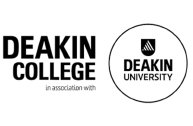
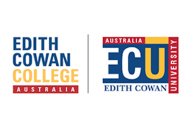
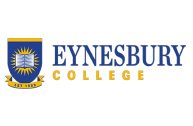
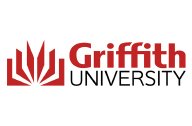
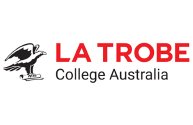
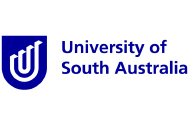
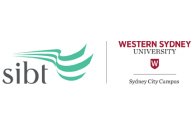
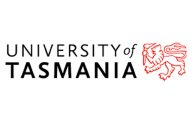
Financial Support Options
Scholarships for Pakistani Students
Australian universities and government agencies offer numerous scholarships to support international students. Programs such as the Australia Awards, Destination Australia Scholarships, and university-specific merit-based funding can cover up to 100% of tuition and provide living stipends. Some institutions also offer discounts or bursaries for early applicants. Pakistani students with strong academic backgrounds, extracurricular involvement, or research potential are especially encouraged to apply. At Study Overseas Education, we help students identify scholarship opportunities and prepare competitive applications that highlight their strengths.


Career Prospects After Graduation
Post-Study Work Opportunities
Australia offers generous post-study work options through the Temporary Graduate Visa (Subclass 485), which allows students to work for 2–4 years after completing their degree. STEM and regional area graduates may qualify for extended stays. These post-study work rights enable students to gain local experience, build professional networks, and potentially transition to permanent residency. Australia’s economy has strong demand in sectors like healthcare, IT, education, and engineering—making it an ideal place for skilled Pakistani graduates to launch global careers.
Student Lifestyle & Living
Accommodation and Life in Australia
Australia offers a range of student housing options to suit different preferences and budgets. On-campus accommodation provides convenience and community, while off-campus rentals and shared apartments offer independence. Homestays are also available for students seeking a more immersive cultural experience. Costs vary: on-campus rooms range from AUD 110–280/week, shared apartments from AUD 150–400/week, and homestays from AUD 250–400/week. Beyond housing, students enjoy a vibrant lifestyle with access to beaches, public transport, sports clubs, halal food outlets, and international student support services in every city.
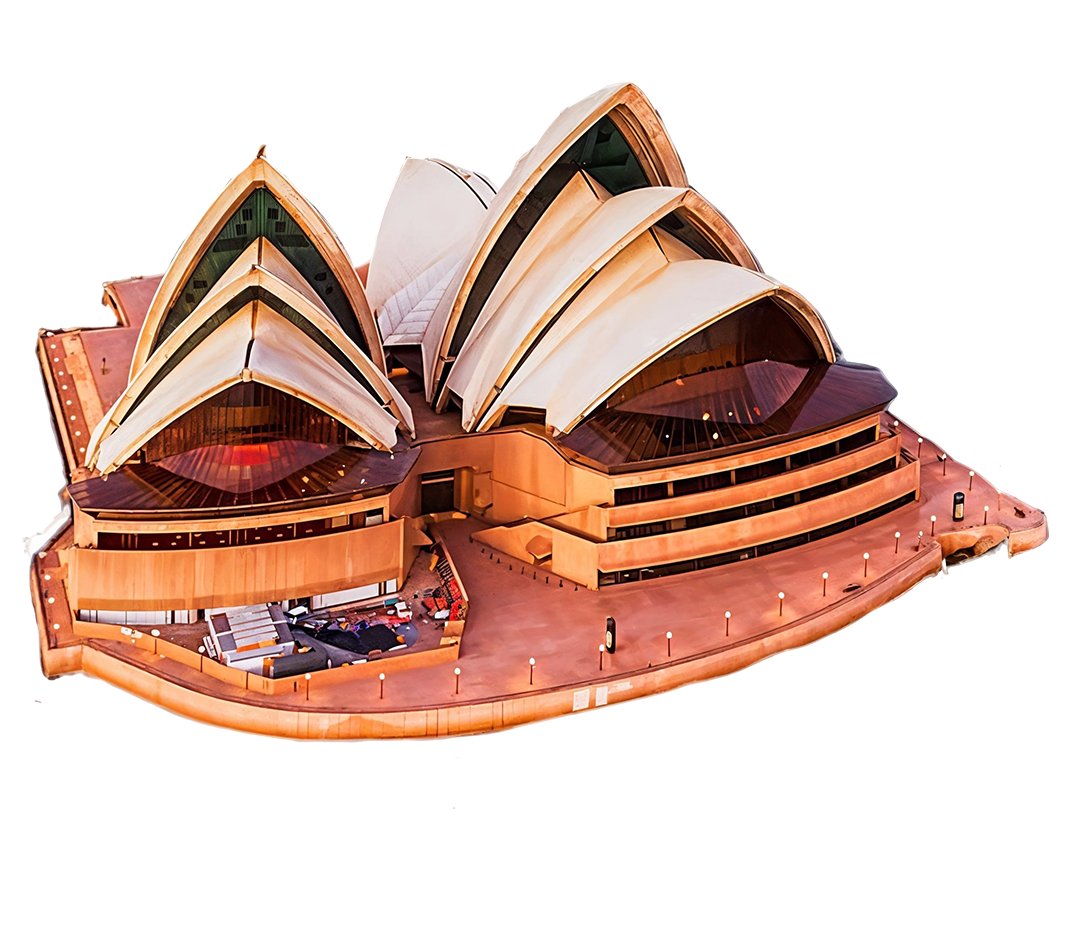
FAQ’S
Frequently Asked Questions.
Q1: How much does it cost to study in Australia for Pakistani students?
The overall cost depends on the university, program, and city. On average, undergraduate programs cost between AUD 20,000 to 40,000 per year, while postgraduate programs range from AUD 22,000 to 50,000. Living expenses vary by location—students in Sydney or Melbourne may spend AUD 2,000 to 3,000 per month, while those in cities like Adelaide or Hobart can live more affordably at AUD 1,600 to 2,200 per month. It's recommended to budget for at least AUD 35,000 to 55,000 annually for both tuition and living.
Q2: Can I work while studying in Australia?
Yes, international students holding a valid Subclass 500 Student Visa are allowed to work up to 48 hours per fortnight during study sessions and unlimited hours during university holidays. This provides an excellent opportunity to gain experience, support living expenses, and improve language and communication skills. Typical student jobs include retail, hospitality, tutoring, or on-campus roles.
Q3: What are the requirements to apply for a student visa (Subclass 500)?
To apply for the Australian Student Visa, you must:
- Hold a valid Confirmation of Enrolment (CoE) from an Australian institution
- Submit evidence of sufficient funds to cover tuition, living, and travel expenses
- Provide proof of English proficiency (IELTS, TOEFL, PTE, or Duolingo)
- Show GTE (Genuine Temporary Entrant) intent
- Purchase Overseas Student Health Cover (OSHC)
- Provide biometric data and undergo a medical check-up (if required)
Processing time is typically 4–12 weeks, and the visa fee starts at AUD 710.
Q4: What English tests are accepted, and can I study without IELTS?
Australian universities accept multiple English proficiency tests including IELTS, TOEFL, PTE Academic, and Duolingo. Some institutions also allow you to apply without IELTS if your previous education was in English, through a Medium of Instruction (MOI) letter. However, this depends on the university's policy and may not be accepted for visa processing—so it’s safer to meet a formal English test requirement unless officially exempted.
Q5: What scholarships are available for Pakistani students?
There are several scholarships open to Pakistani students, such as:
- Australia Awards Scholarships – Full tuition, living allowance, airfare
- Destination Australia Scholarships – Up to AUD 15,000/year for regional studies
- University-specific merit-based scholarships – Often cover 25–100% of tuition fees
Eligibility is usually based on academic performance, extracurricular achievements, and field of study. Applying early with a strong Statement of Purpose (SOP) and recommendation letters can improve your chances.
Q6: What are the post-study work rights in Australia?
Australia offers generous post-study work opportunities through the Temporary Graduate Visa (Subclass 485). Graduates of Bachelor’s or Master’s programs can stay for 2–3 years, and those who studied in regional areas may get an additional 1–2 years. STEM graduates may also benefit from extended stays under skilled occupation programs. Gaining relevant work experience during this period can strengthen your PR (Permanent Residency) prospects.
Q7: Can I bring my spouse and children with me to Australia?
Yes, you can bring your spouse and dependent children under the Student Dependent Visa (Subclass 500). You must demonstrate sufficient financial capacity to support their living costs, accommodation, and health insurance. Spouses can work up to 48 hours per fortnight, and full-time if the student is pursuing a Master’s or PhD.
Q8: Which cities are the most affordable and student-friendly?
While Sydney and Melbourne are the most popular, they are also the most expensive. More affordable alternatives include Adelaide, Hobart, and Perth, where students benefit from lower rent, transport costs, and university fees. Regional cities also offer extra post-study work years and are often part of government PR migration incentive schemes.
Q9: What kind of accommodation is available for students?
Students can choose from:
- On-campus dormitories (AUD 110–280/week): Great for convenience and security
- Shared rentals (AUD 150–400/week): Common among international students
- Private apartments or studios (AUD 350–800/week): Suitable for independent living
- Homestays (AUD 250–400/week): Offers a cultural family experience
Each option has its own pros and cons depending on your lifestyle and budget. Study Overseas Education helps you explore and secure the right accommodation before arrival.
Q10: Why should I apply through Study Overseas Education?
Study Overseas Education offers expert guidance from the moment you consider studying abroad to the day you depart. We help you choose the right university and course, prepare all required documentation, apply for scholarships, and navigate the visa process efficiently. Our experienced counselors have helped hundreds of Pakistani students secure admissions to top Australian universities, ensuring personalized support every step of the way.

EVENTS & NEWS
Popular Events & News
Student Visa Requirements for USA, UK, Canada & Australia
Every country has its own student visa process. Here’s a breakdown of the basic requirements for four top study destinations:…
Best Student Cities in Australia with Affordable Living
Australia offers top-ranked universities, multicultural campuses, and vibrant cities. But which cities are budget-friendly and student-friendly? Here’s a quick list:…
How to Get Admission in Top Universities Abroad: Step-by-Step Guide
Studying at a top university abroad is a dream for many students—but turning that dream into reality takes planning, preparation,…
How to Get Admission in Top Universities Abroad: Step-by-Step Guide
Studying at a top university abroad is a dream for many students—but turning that dream into reality takes planning, preparation,…
Student Visa Requirements for USA, UK, Canada & Australia
Every country has its own student visa process. Here’s a breakdown of the basic requirements for four top study destinations:…
Best Student Cities in Australia with Affordable Living
Australia offers top-ranked universities, multicultural campuses, and vibrant cities. But which cities are budget-friendly and student-friendly? Here’s a quick list:…




